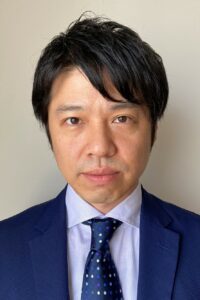
Yoshikawa Hiroshi, President, Rissho University Key points Postwar social security developments have contributed to longer life expectancy Disparities are a mix of transient phenomena and long-term trends It will be difficult to sustain social security with the current national burden rate (Discuss Japan Note: This article was written before the sixth wave of the COVID-19 pandemic hit Japan) The COVID-19 pandemic has subsided in Japan, but the situation remains unpredictable as the emergence of new variants and global re-spread may still occur. Over the past two years, the world’s economy and society have been at the mercy of the COVID-19 pandemic. In 2020, the global economy fell into a severe recession that exceeded the post-Lehman shock fall in 2008. When the first state of emergency was declared in the spring of 2020, Japan saw the biggest fall in GDP in the postwar ... ... [Read more]








